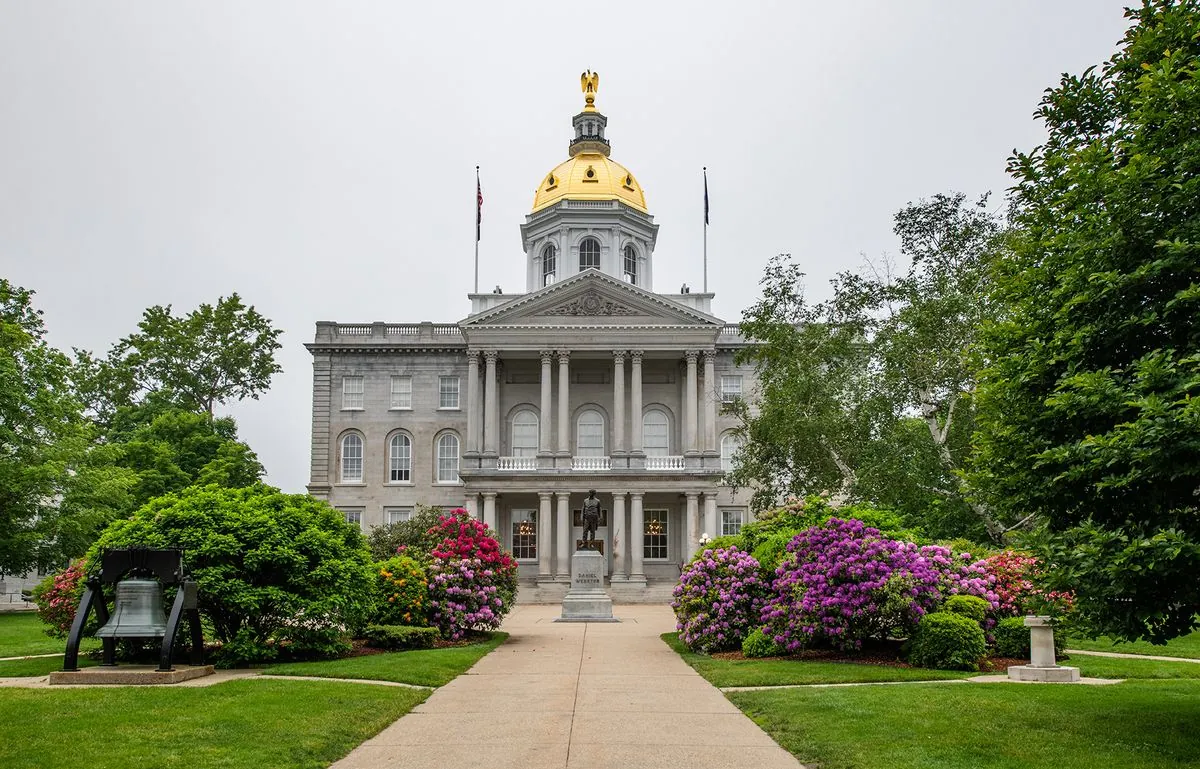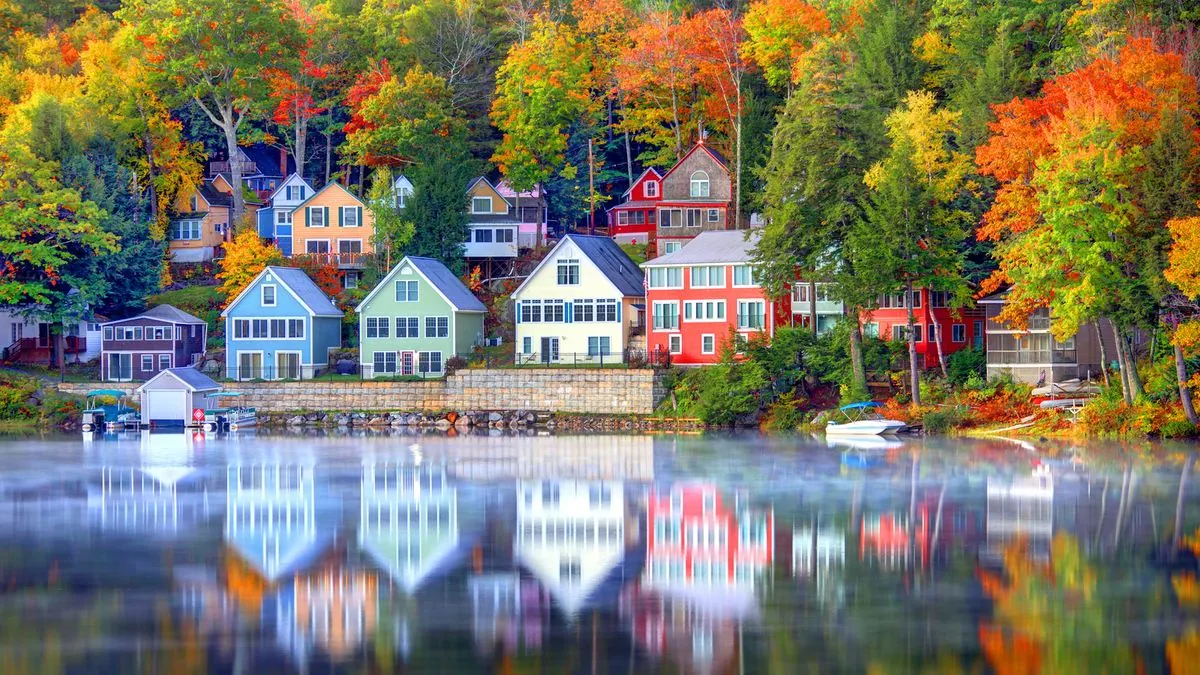New Hampshire Primaries Set Stage for Crucial November Elections
New Hampshire holds state-level primaries, with open races for governor and 2nd Congressional District. Voters face key choices in gubernatorial and congressional contests, setting up intense 8-week campaign before November elections.

On September 10, 2024, New Hampshire voters are participating in state-level primary elections, setting the stage for a brief but intense campaign period leading up to the November 5 general election. This event marks a crucial moment for the state, known for its "Live Free or Die" motto and unique political landscape.
The gubernatorial race has garnered significant attention, as the position is open for the first time since 2016. Six Republican candidates are vying for their party's nomination, with Kelly Ayotte and Chuck Morse emerging as frontrunners. Ayotte, a former U.S. Senator and the state's first female attorney general, has focused her campaign on crime and immigration issues. Morse, a former state Senate president, has aligned himself closely with former President Trump.
On the Democratic side, three candidates are competing, with Joyce Craig and Cinde Warmington leading the pack. Craig, Manchester's first female mayor, touts her executive experience, while Warmington, a member of the Executive Council, emphasizes her stance on health care and education.

The 2nd Congressional District race is equally competitive, as U.S. Rep. Annie Kuster is retiring after six terms. This marks the first open seat in the district since 2010. The Democratic primary features Colin Van Ostern, a former Kuster staffer, and Maggie Goodlander, who has experience in Washington. The Republican primary is crowded with over a dozen candidates, including economist Vikram Mansharamani and anti-communist activist Lily Tang Williams.
In the 1st Congressional District, incumbent Chris Pappas faces no significant challenge in the Democratic primary. The Republican contest includes seven candidates, with former state Sen. Russell Prescott and Manchester Alderman Joseph Kelly Lavasseur among the contenders.
New Hampshire's unique political landscape is shaped by its rich history. As one of the original 13 colonies, it was the first state to declare independence from Great Britain in 1776 and the 9th to ratify the U.S. Constitution in 1788. The state is renowned for its "First-in-the-Nation" presidential primary and its distinctive form of local government known as "town meeting."
The state's geography also plays a role in its politics, with voters able to experience diverse landscapes from ocean to mountains within an hour's drive. This geographical diversity is reflected in the varied concerns of New Hampshire's electorate.
As the primaries unfold, candidates and voters alike are mindful of the short eight-week campaign period ahead. This compressed timeline will require candidates to effectively communicate their platforms and connect with voters across the state's unique political and geographical landscape.
"Don't Mass it up"
The outcome of these primaries will shape New Hampshire's political future, with implications for both state and national politics. As the only state without a general sales tax or personal income tax, economic issues are likely to play a significant role in the upcoming general election campaigns.


































